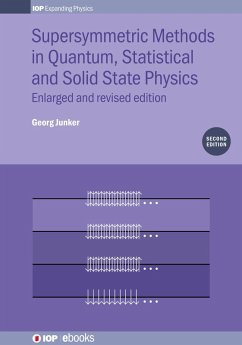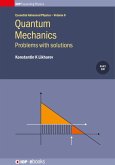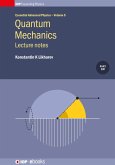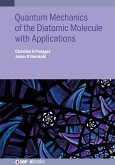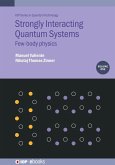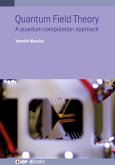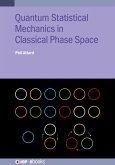This is the second edition of Supersymmetric Methods in Quantum, Statistical and Solid State Physics provides an accessible introduction to supersymmetric quantum mechanics and its applications in quantum, statistical and solid-state physics. Building on the first edition, it now encapsulates the substantial developments made in supersymmetric quantum mechanics in recent years including conditionally exactly solvable systems, models of classical field theory and many interesting new aspects within the area of stochastic dynamics, such as the Pauli and Dirac equation, coherent states and non-linear algebras. Aimed at graduate students and scientists, this book provides a thorough review on supersymmetric quantum mechanics and now includes problems and solutions.
Dieser Download kann aus rechtlichen Gründen nur mit Rechnungsadresse in A, D ausgeliefert werden.

